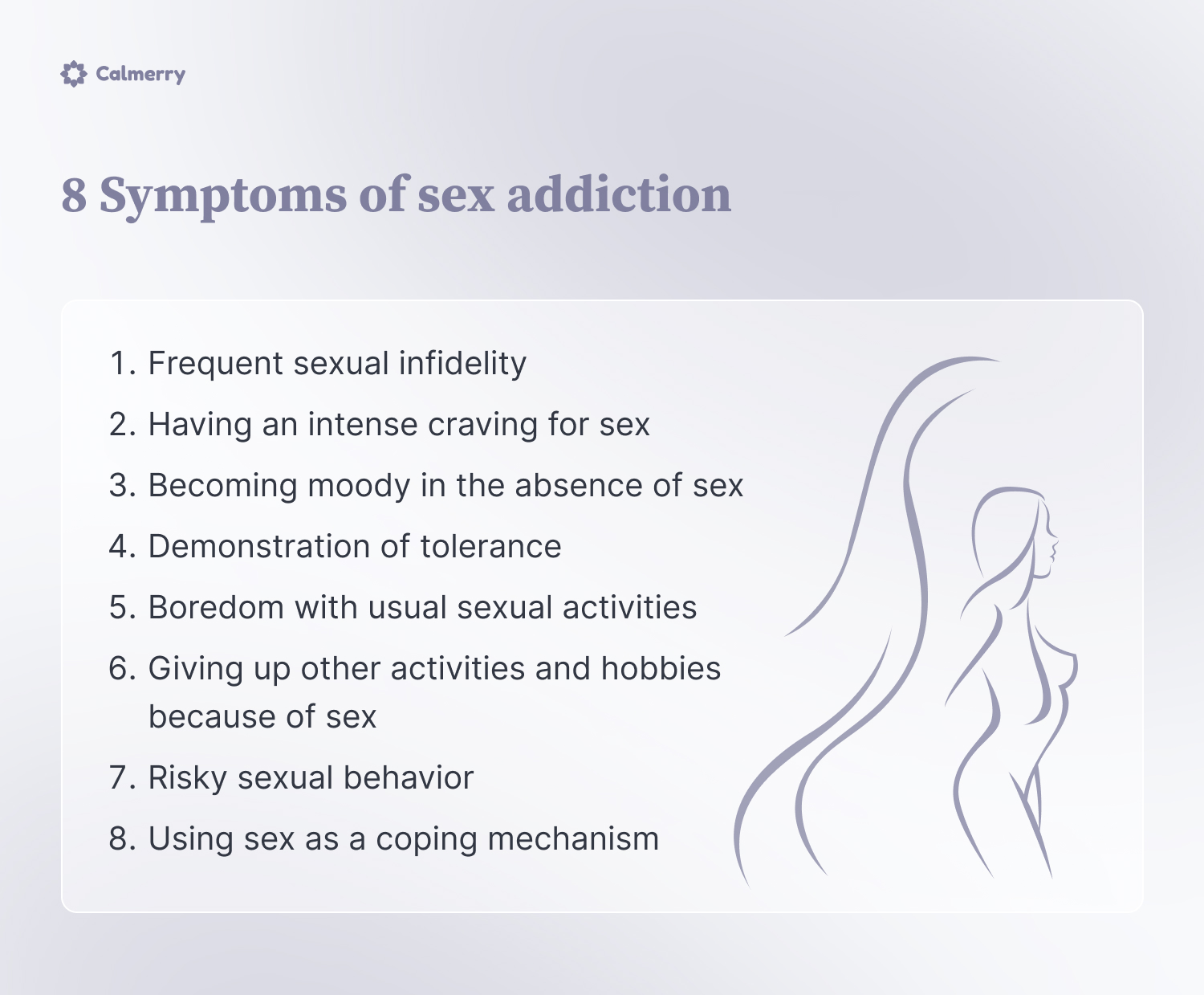
Sexual addiction, often misunderstood, is a complex condition that can significantly impact individuals and their relationships. This blog aims to shed light on sexual addiction, its symptoms, and available treatment options. By raising awareness, we hope to encourage those affected to seek help and understand that recovery is possible.
What is Sexual Addiction?
Sexual addiction, sometimes referred to as compulsive sexual behavior or hypersexuality, is characterized by an overwhelming preoccupation with sexual thoughts, fantasies, and activities. Unlike healthy sexual behavior, which is balanced and consensual, sexual addiction can lead to negative consequences in various areas of life, including relationships, work, and emotional well-being.
Signs and Symptoms of Sexual Addiction
Recognizing the signs of sexual addiction is the first step toward seeking help. Common symptoms include:
- Preoccupation with Sexual Thoughts: Individuals may find themselves constantly thinking about sex or engaging in sexual fantasies that interfere with daily life.
- Compulsive Behavior: Engaging in sexual activities despite negative consequences, such as relationship problems, financial issues, or legal troubles. This can include excessive use of pornography, frequent casual sexual encounters, or other risky behaviors.
- Loss of Control: An inability to limit or stop sexual behavior even when the desire to do so exists. This loss of control can lead to feelings of shame and guilt.
- Neglecting Responsibilities: Prioritizing sexual activities over personal, professional, or social obligations. This neglect can lead to significant repercussions in various aspects of life.
- Emotional Distress: Experiencing feelings of anxiety, depression, or irritability when not engaging in sexual activities. Individuals may also feel an emotional void that they try to fill with sexual behaviors.
The Implications of Sexual Addiction on Relationships
Sexual addiction can have profound effects on relationships. Partners may feel betrayed, hurt, or rejected, leading to a breakdown in trust and communication. Some potential impacts include:
- Loss of Intimacy: Addiction can replace genuine intimacy with compulsive behaviors, leaving partners feeling emotionally disconnected.
- Trust Issues: Infidelity or secrecy associated with sexual addiction can erode trust and lead to relationship conflicts.
- Emotional Distress: Partners of individuals struggling with sexual addiction often experience emotional pain, anxiety, and feelings of inadequacy.
Treatment Options for Sexual Addiction
Fortunately, there are various treatment options available for those struggling with sexual addiction. Approaches can be tailored to individual needs, and seeking help from professionals is crucial for recovery.
- Therapy
- Individual Therapy: Working with a therapist can help individuals explore the underlying issues contributing to their sexual addiction. Cognitive Behavioral Therapy (CBT) is often effective in helping individuals identify harmful thought patterns and behaviors.
- Group Therapy: Participating in support groups, such as Sex Addicts Anonymous (SAA), allows individuals to connect with others facing similar struggles. Sharing experiences in a supportive environment can be healing and empowering.
- Education and Awareness
- Learning about sexual addiction and its impacts can help individuals understand their behaviors and motivate them to seek change. Educational resources, books, and workshops can provide valuable insights.
- Lifestyle Changes
- Adopting healthier coping mechanisms and lifestyle changes can support recovery. This may include engaging in hobbies, building a support network, and practicing mindfulness or stress reduction techniques.
- Medication
- In some cases, medication may be prescribed to help manage underlying mental health conditions, such as anxiety or depression, that contribute to compulsive behaviors.
Support Groups and Resources
Support groups play a vital role in the recovery process. Some popular organizations include:
- Sex Addicts Anonymous (SAA): Offers a 12-step program and resources for individuals seeking recovery from sexual addiction.
- The Society for the Advancement of Sexual Health (SASH): Provides information, resources, and support for individuals affected by sexual addiction and compulsive sexual behavior.
- Therapists Specializing in Sexual Addiction: Seeking professional help from a therapist with expertise in sexual addiction can be crucial for effective treatment.
Conclusion
Understanding sexual addiction is the first step toward recovery for individuals and their loved ones. By recognizing the symptoms and seeking appropriate treatment, those affected can regain control of their lives and rebuild their relationships. Recovery is possible, and support is available for those willing to take the first step.
Call to Action
If you or someone you know is struggling with sexual addiction, don’t hesitate to reach out for help. Contact a mental health professional or support group to explore treatment options and begin the journey toward healing.

